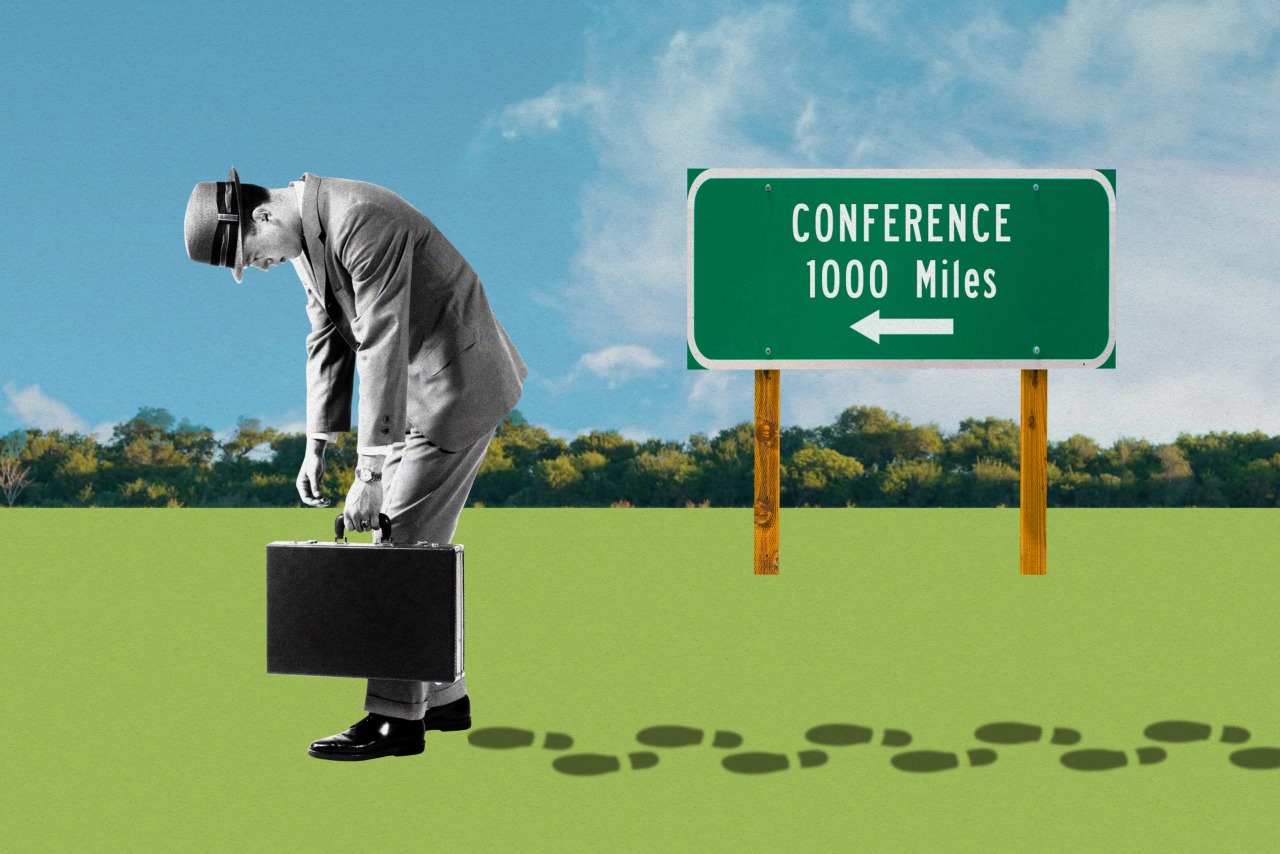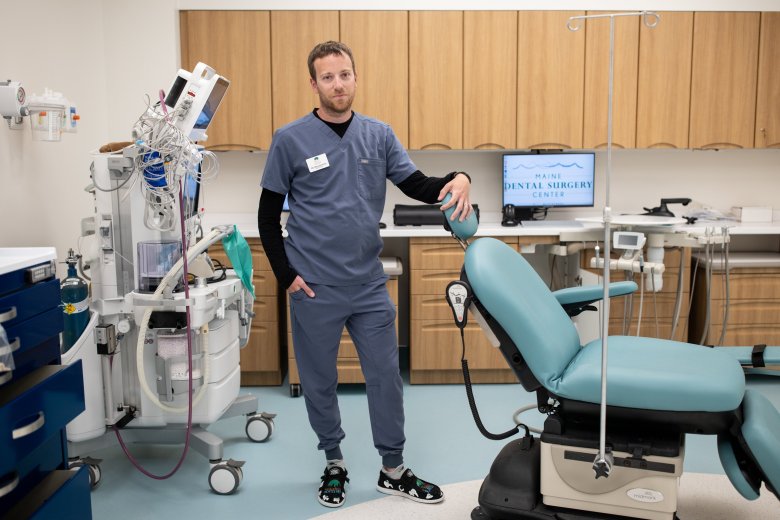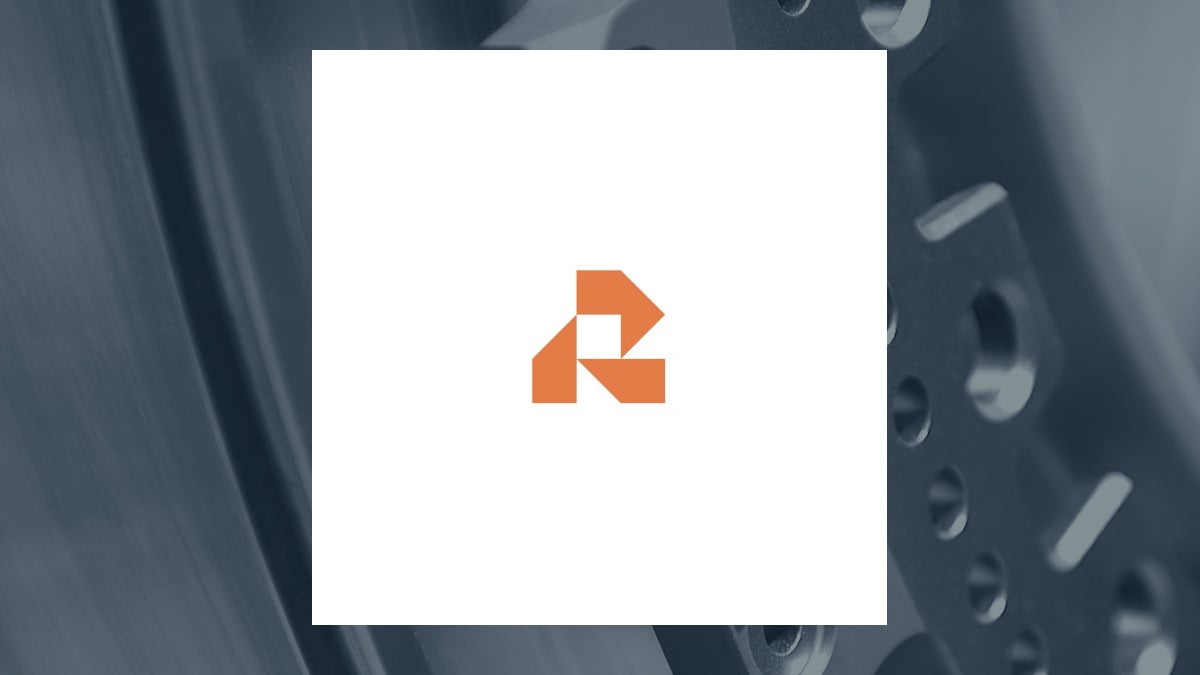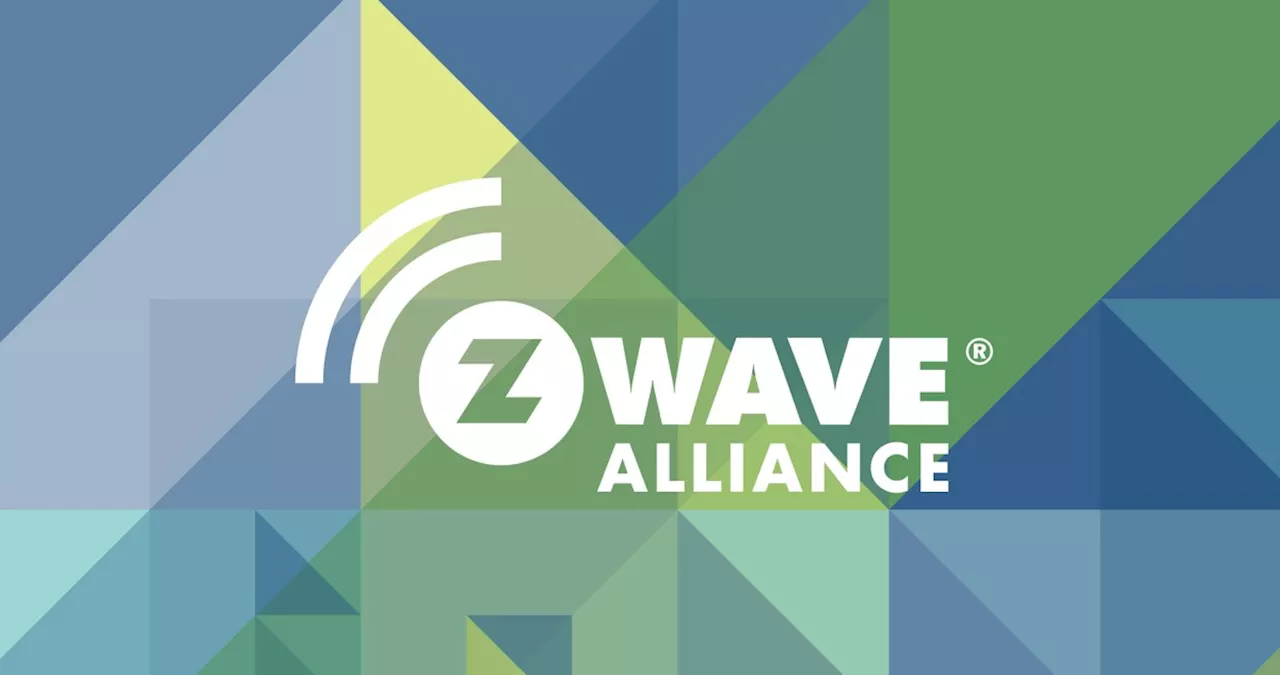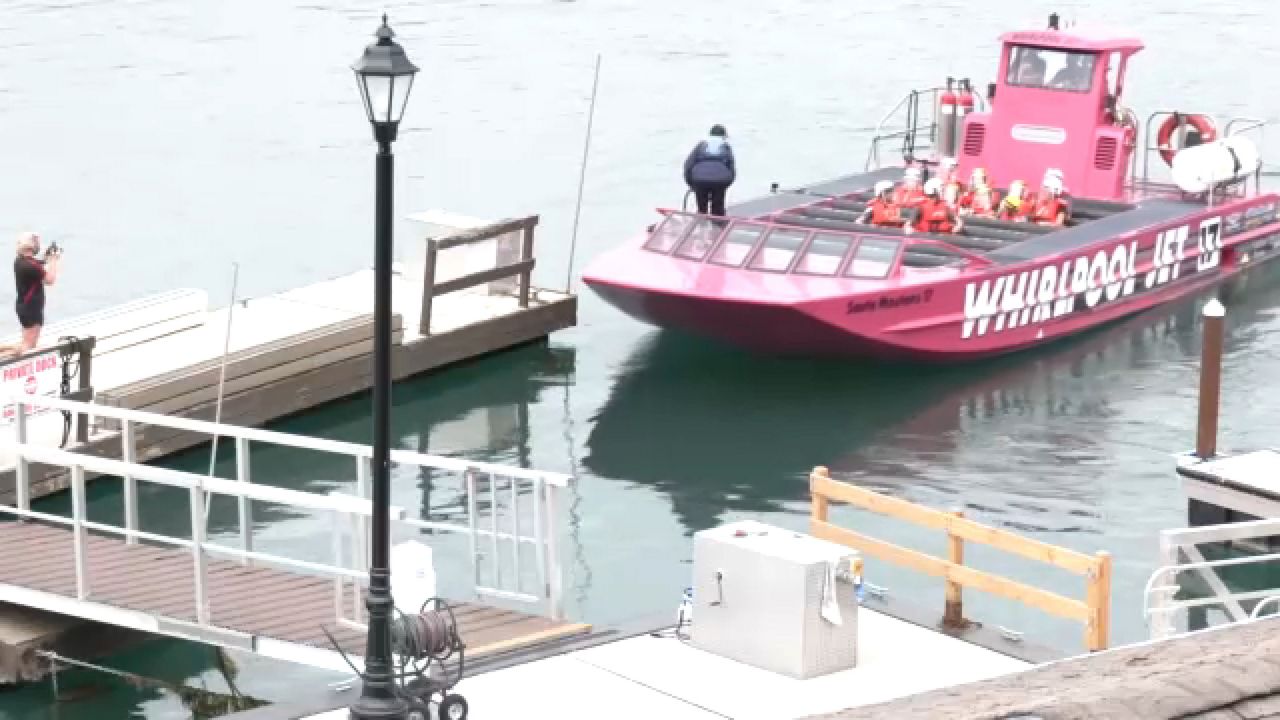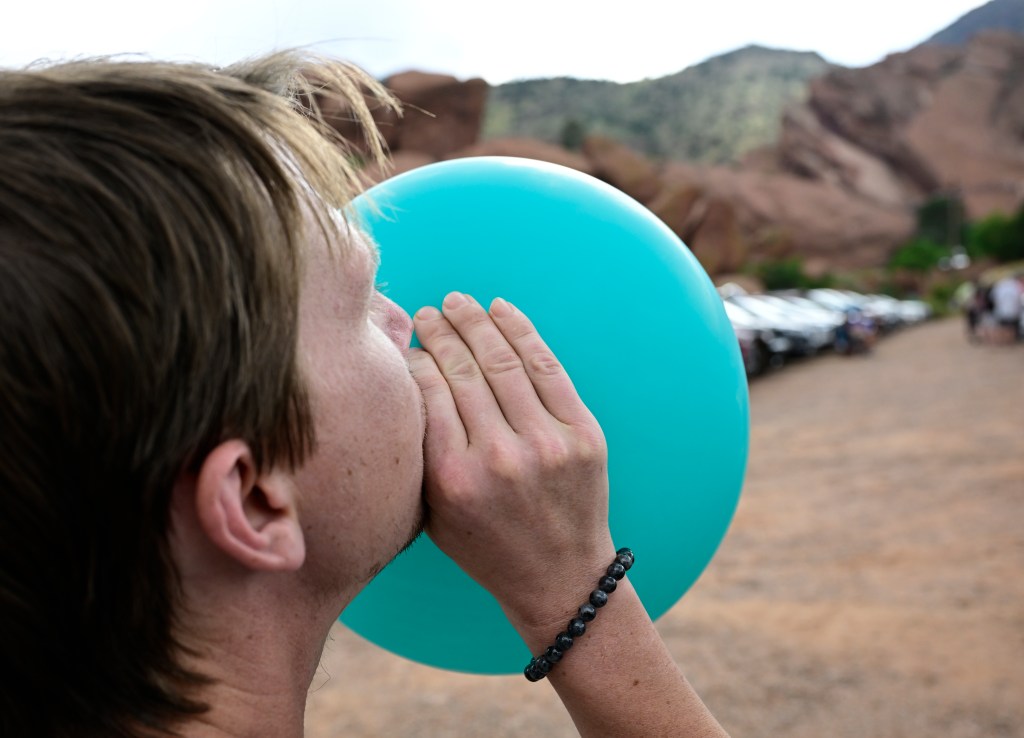
The rising use of nitrous oxide—commonly known as laughing gas—at concerts and music festivals is drawing significant health concerns from professionals. Reports indicate a noticeable increase in nitrous oxide abuse, particularly in venues like the Red Rocks Amphitheatre in Colorado, where concertgoers often inhale the gas from balloons before performances.
During a recent concert by The String Cheese Incident, a woman inhaled nitrous oxide from a balloon, describing it as a momentary source of amusement. She remarked, “There’s not really that much thought to it. It’s a stupid drug.” This casual approach to nitrous use reflects a broader trend where recreational inhalation of the gas is becoming increasingly normalized at social events.
Health Risks Linked to Recreational Use
While nitrous oxide is legally sold for culinary and medical purposes, its recreational use poses significant health risks. According to Shireen Banerji, director of Rocky Mountain Poison & Drug Safety, inhaling nitrous oxide can lead to severe complications, including asphyxiation and life-threatening seizures due to oxygen deprivation. Chronic use has been linked to brain damage and other neurological issues, a concern emphasized by the U.S. Food and Drug Administration in its latest warnings.
Data from the Drug Abuse Warning Network reveals that emergency room visits related to nitrous oxide increased by 32% between 2019 and 2023. Additionally, a staggering 110% rise in deaths attributed to hypoxia from nitrous oxide abuse was reported during the same period. This alarming trend underscores the need for public health interventions as recreational users often dismiss the associated risks.
The Role of Social Media and Market Trends
The normalization of nitrous oxide use is further fueled by social media, where posts glamorizing its effects have garnered millions of views. Companies like Galaxy Gas and ExoticWhip have capitalized on this trend, offering brightly branded nitrous products that appeal to younger audiences. As a result, nitrous oxide has shifted from niche concert culture into mainstream acceptance, posing unique challenges for health officials.
The National Survey on Drug Use and Health reported that approximately 13 million individuals in the U.S. have experimented with nitrous oxide recreationally. Furthermore, about 2.9 million people aged 12 and older used inhalants in the past year, highlighting the extent of this emerging trend.
As health professionals express concern over the increasing availability of nitrous oxide, vendors often sell the gas in concert parking lots, where it has become a staple. Prices range from $10 to $30 per balloon, making it an easily accessible option for many.
Despite the potential for serious side effects—such as frostbite of the mouth and “lung freeze” as documented in a New England Journal of Medicine study—users largely downplay these risks. Many concertgoers claim the experience is harmless fun, further complicating efforts to regulate its use.
In response to the growing popularity of nitrous oxide, local officials in Aurora, Colorado, are considering stricter regulations to curb its availability. This comes amid reports of spent chargers littering public spaces, raising concerns not just about health but also about the environmental impact of nitrous waste.
As nitrous oxide use continues to rise, concert venues are facing challenges in enforcing regulations against its recreational use. At the Red Rocks Amphitheatre, security personnel monitor the parking lots, but enforcement of nitrous-related offenses remains limited. In contrast, at a recent Phish concert, security seized 61 nitrous tanks over three days, highlighting the varying levels of enforcement across events.
The evolving landscape of nitrous oxide use at concerts is prompting calls for greater awareness and education about its risks. While some users view it as a harmless indulgence, experts like Banerji stress that there is no safe way to use nitrous recreationally. Those contemplating its use should remain mindful of the potential dangers and seek information from reliable sources.
For anyone seeking guidance, Rocky Mountain Poison & Drug Safety operates a free, 24/7 anonymous hotline at 866-871-4980, providing crucial support and information regarding nitrous oxide and other substances.
